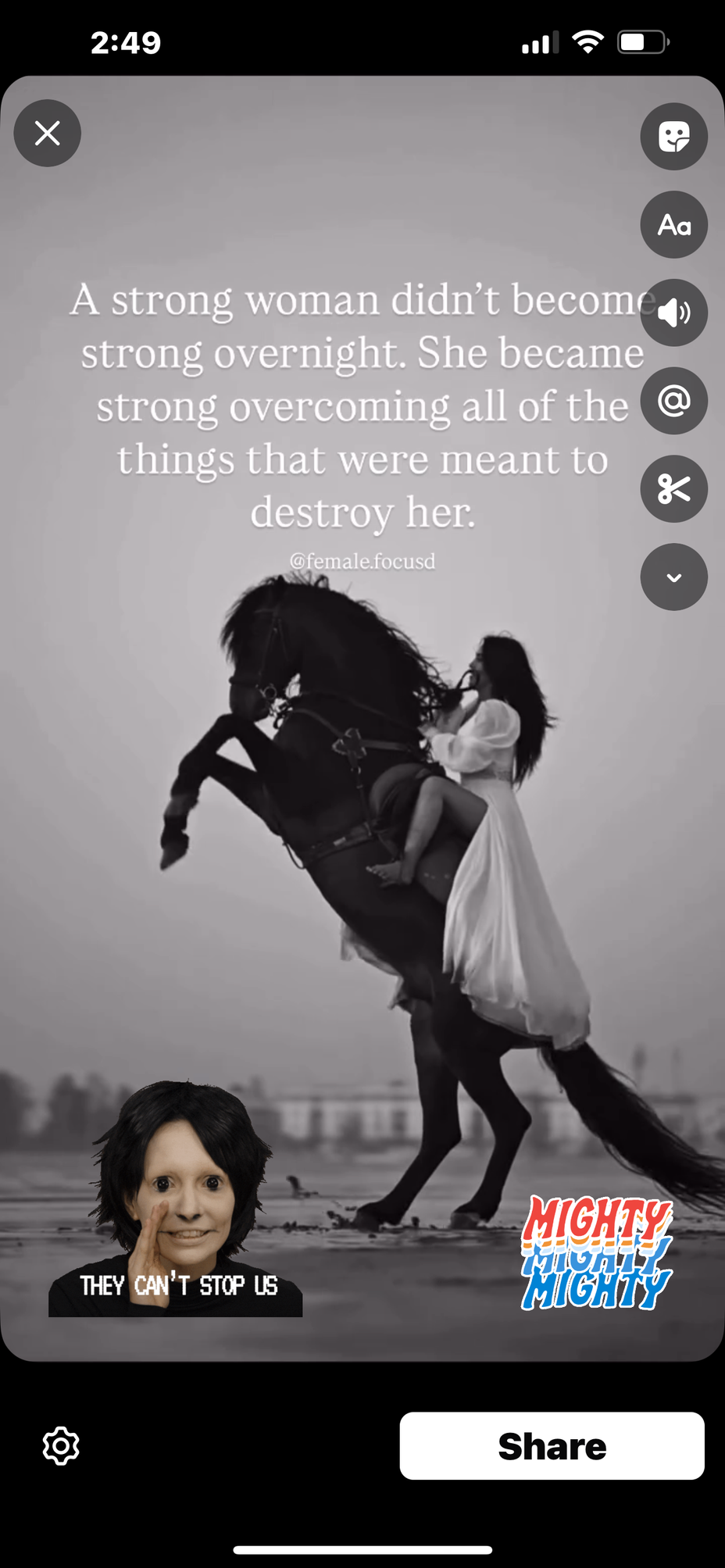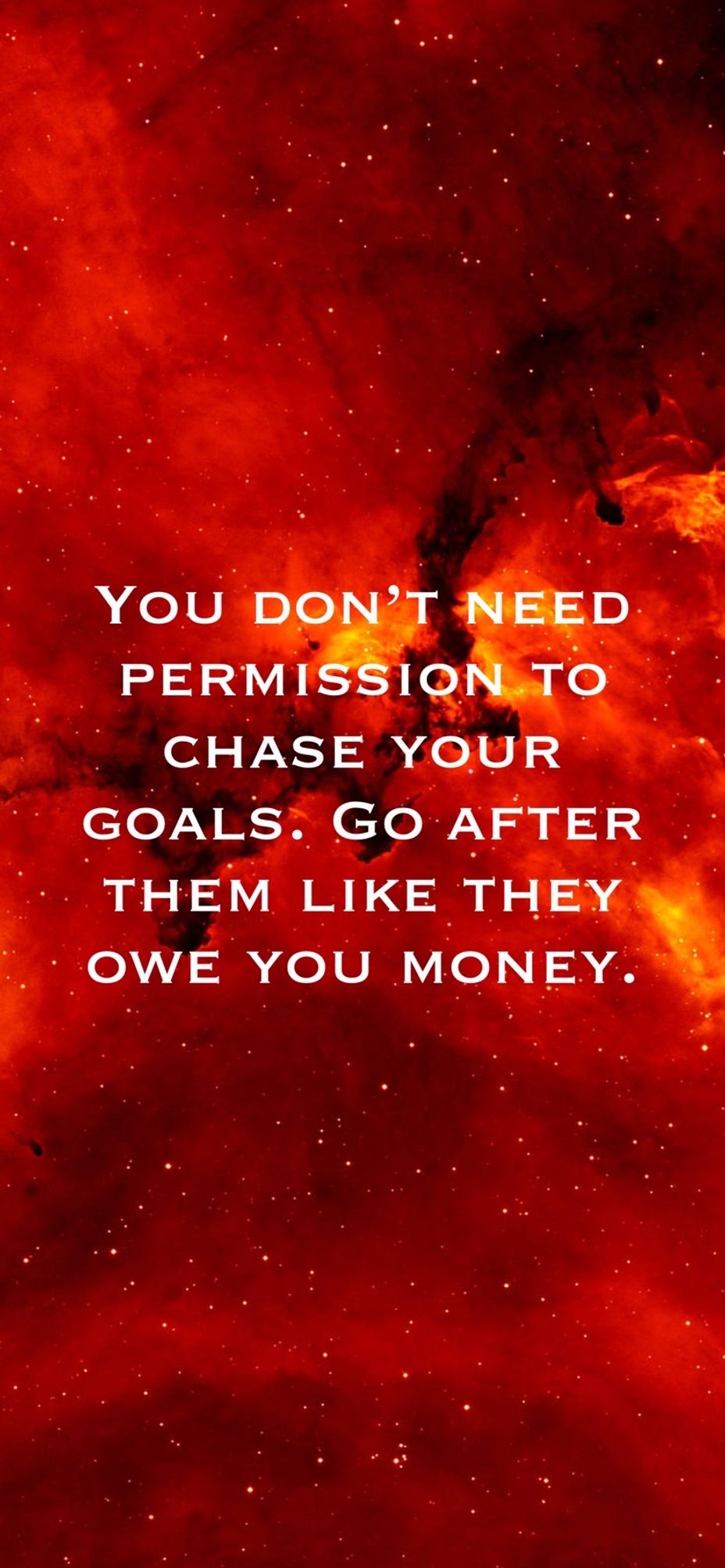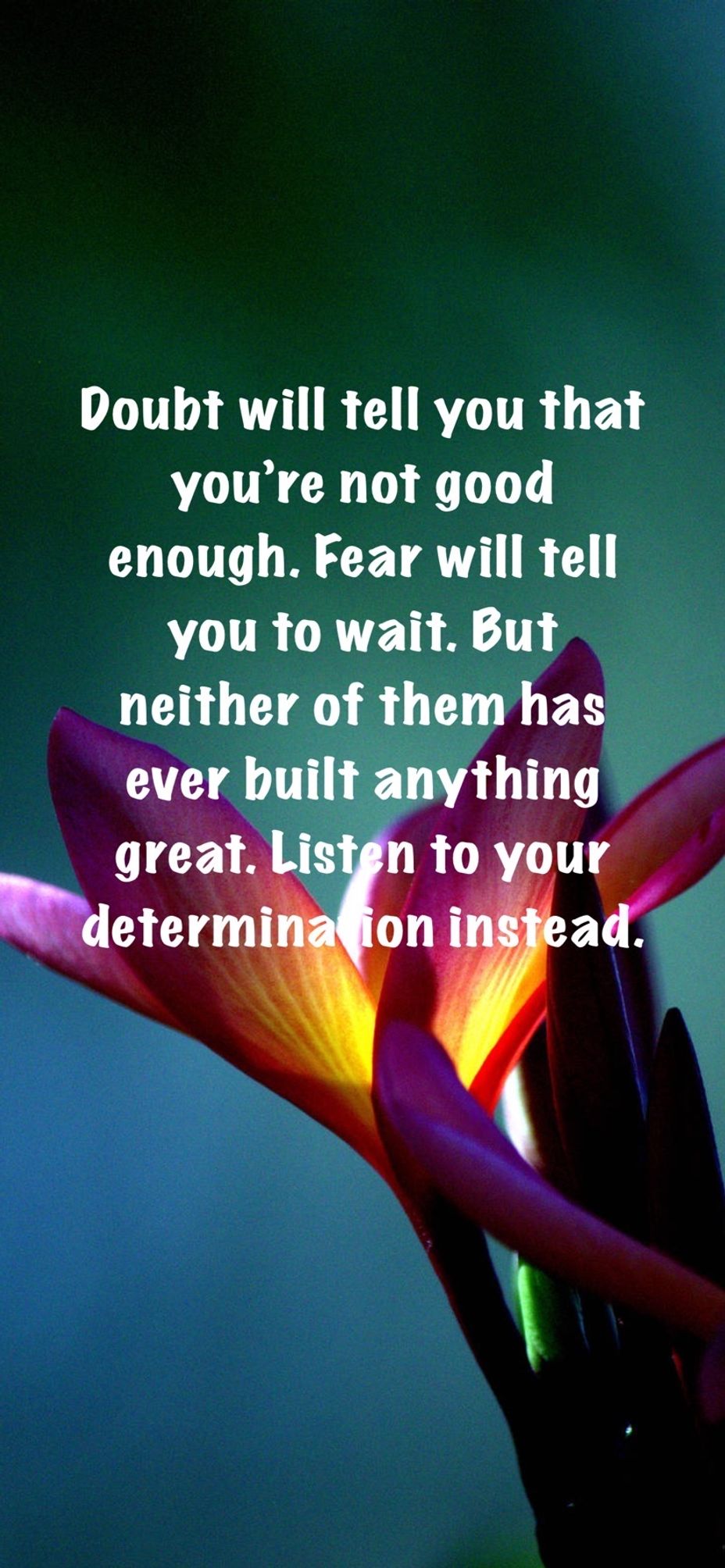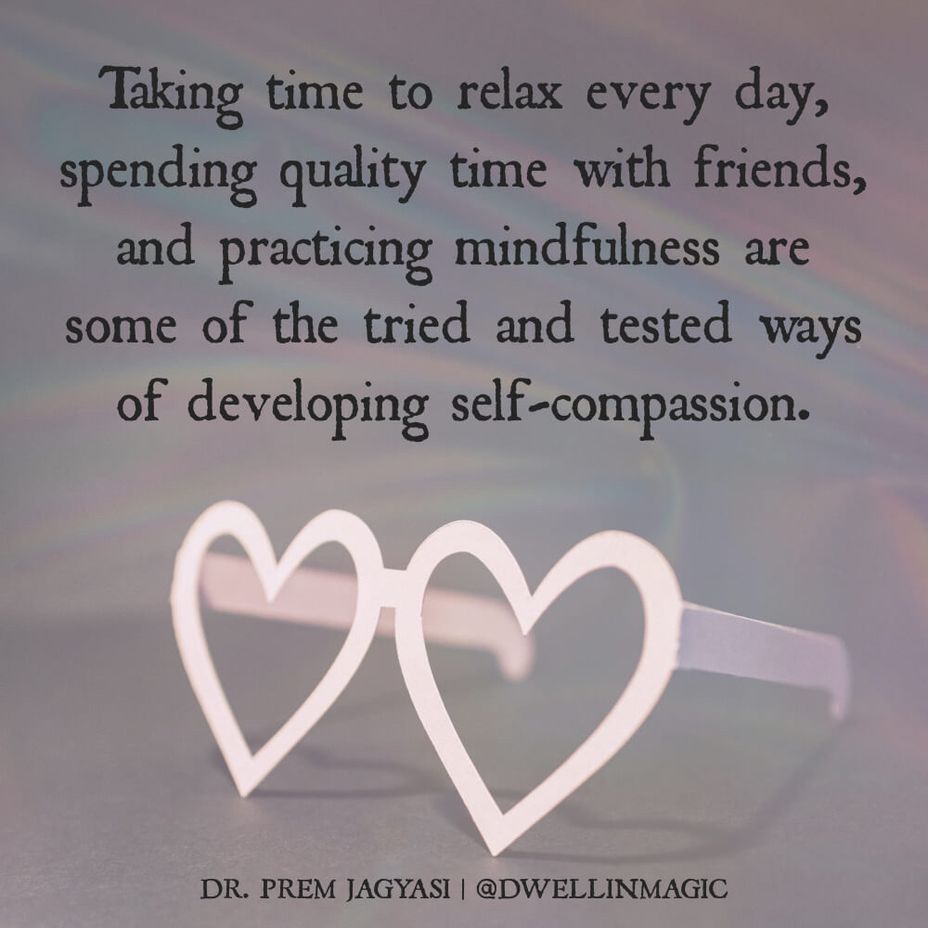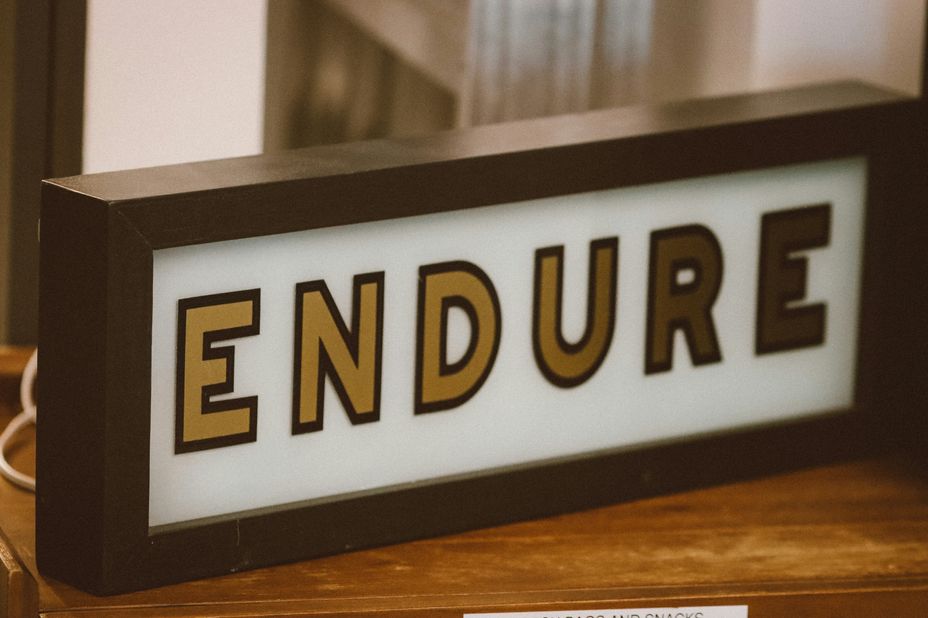Come Alive by Melanie R.
Come Alive by Melanie R.
Hell only fights what heaven favors!
You carried the burdens;
the struggles of pain.
Fought for it all-didn’t give up!
You didn’t fall when it got tough.
Turned to the lord and prayed-
(He heard you)
ooh (always been down for ya)
And God’s not done with your testimony of faith, perseverance,…
and trusting The Name-
Jesus,
we thank You for healing.
Restoring the lost.
the way, the life, the truth!
Making me new.
The pressure revealed what couldn’t be shaken.
Reignite passion-
destiny awakened.
ooh Jesus-
Moving by purpose;
built and established.
Rise to fruition.
Come alive (come alive) in Christ.
Come alive! So alive! In Christ!
Awakened! Favored! Strengthened through The Name.
#ChronicIllness #ChronicInflammatoryDemyelinatingPolyneuropathy #ChronicPain
#Grief #InsideTheMighty #PrimaryImmunodeficiency #IfYouFeelHopeless #MightyPoets #CheckInWithMe #SjogrensSyndrome #Dysautonomia #IrritableBowelSyndromeIBS



